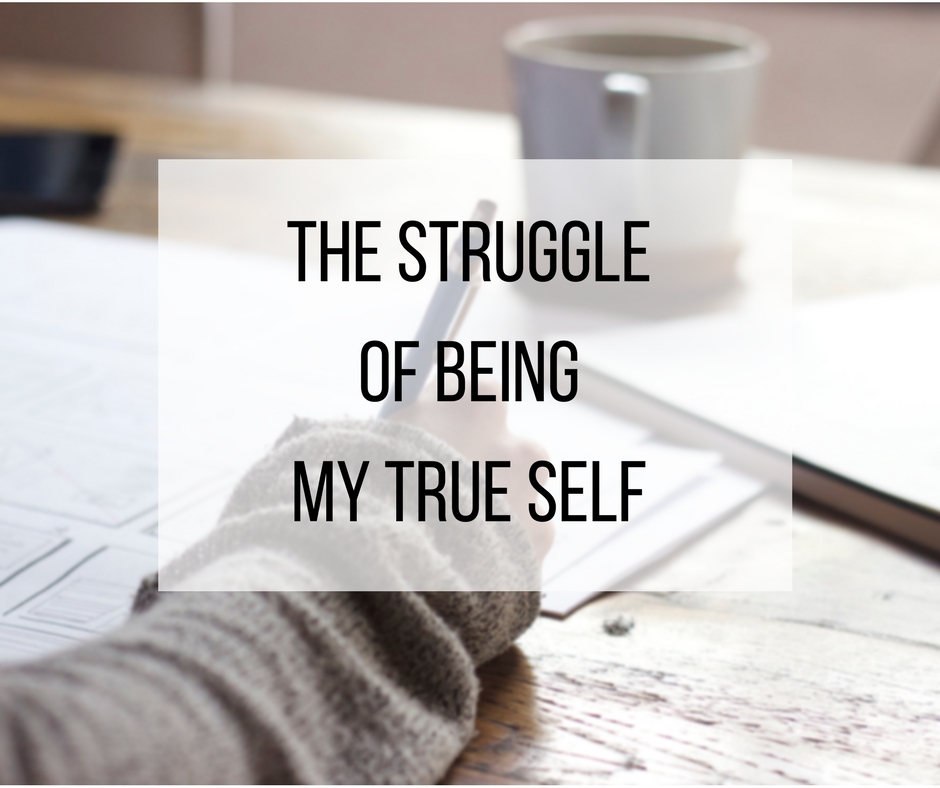
Forever Expat?
If you look up the definition of Expat in different dictionaries you will find that the most common expression is:
Expat, abbreviation for expatriate
Expatriate, a person who lives outside his home country
But at no time will these definitions do justice to a word that encompasses so many different experiences and facets.
There are those who move once or twice and then stay in their new country for long time and there are those who pack up their belongings every 2-3 years and leave with the family for a new destination.
In this second case it may seem that constantly moving is the most difficult option. With every change there are new routines to be created, improvements in organisation to be made and new situations to understand and adjust to.
The long-term transition by comparison seems easier, you may struggle at the beginning but then you slowly become familiar with the situation, so much so that maybe at a certain point you don’t feel like an expat anymore.
But is this true? Or will we remain expats forever?
I don’t think there’s a scientific answer to these questions, least of all the same answer for everybody. What I can share with you is what I feel in my life, in my expat experience and what I share with my clients everyday.
I have lived in a new country now for four years. I don’t know if I will move again in future (this is not planned but I don’t prior exclude it), and I don’t know if I will ever go back home (even if it would be hard for me to do so in this moment).
When I wake up I feel at home, I’m happy where I live, I’ve started over with a job I love and I have met many new people who I like very much.
And yet, being an expat sometimes random hits me in the face as if I was running into a wall that I hadn’t seen at all.
– It happens due to the language, of which I’m not an expert yet for sure (my fault).
– It happens due to someone’s gestures that don’t make you feel part of the community.
– It happens due to the struggle of understanding a cultural behavior you encounter for the first time, but that doesn’t resonate with you.
– And sometimes it happens without any reason, when you feel lonely and you don’t know why.
Of course there will be many situations and difficulties which are objectively hard to face, but the violence or the lightness with which they overwhelm you with depends on how we feeling at the time; how well we know ourselves; how much we are in balance and satisfied with the purpose of our life.
So although it’s true that we may have lived in the same country for many years, that we don’t have to worry about organising an oversea displacement, it’s also true that our lives radically changed when we moved.
Many people leave their jobs in order to move, they arrive without children from an active life as a couple and now manage a family with two or more children, or they got married with children but left an extended family and a supportive network that worked well and allowed them to have some time for themselves.
And while there’s too much to do during the first periods of a move to really realise changes, their long-term impact becomes more tricky.
My clients often tell me “There were too many things to organise during the first year that I didn’t even have the time to think about myself first, then my children grew up and started hundreds of different activities. Between the house and children I can never stop and there’s no time left for me.”
And before we know it time has passed and we end up years later with a strange feeling in the stomach, that even if we don’t have a free minute, nothing is really satisfying at the end of our day. That we need something more or different but we feel guilty because what we already have isn’t enough for us.
That the fear of questioning ourselves and change is bigger than the benefits we think could recoup from it.
But it’s never too early nor late to understand what you want, to identify what makes you happy and go to bed satisfied, to think about yourself in the context of the next three years and have a plan in your mind to achieve what you desire.
You don’t know where to start in order to understand what your status is?
Begin to observe and become fully aware of how you use your time.
Take a paper, divide it into seven columns, one for each day of the week. Then write down in detail everything you have to do during next week (appointments, household tasks, meals, phone calls, etc.). If you don’t remember it, proceed with the week that is about to start. Then highlight these activities with different colors basing on categories:
– How much time is dedicated to you in your week?
– How many of these activities will help you to achieve an aim that makes you happy? (It has to be about yourself, not your family or friends.)
– How often you do this activity (mind you, if next week is full of activities dedicated to yourself by chance, it doesn’t count!)
Check if this corresponds to the reality. Every evening look for differences between what you planned and what you really did.
The first time I did this exercise, it blew me away:
I felt like I didn’t have a single free minute during the day, I ended the day feeling exhausted but practically speaking I had only one activity dedicated to me during the whole of the week;
My home was literally eating me alive, because when you spend so much time there it becomes hard to find the right balance;
I was losing my life to micro activities to which I didn’t even mentally understand existed;
And last but not least, maybe because it’s what scared me the most, my daughter got the message that I was at her complete disposal (but this is another story, which I’ll explore in another dedicated blogpost)
If your week doesn’t include moments dedicated to yourself only, if the ones planned don’t satisfy you or lead you nowhere it’s time to make the first step.
Take some time for yourself, understand where you want to get to and start with the small things in order to change your days.
Being clear about where you are now is one of the steps necessary to have a fulfilling life.
Than it’s necessary to understand where you want to go and to make an action plan on how to get there.
If you want to understand how I can support you in doing it, write me: giada.varvello@gmail.com[:]

